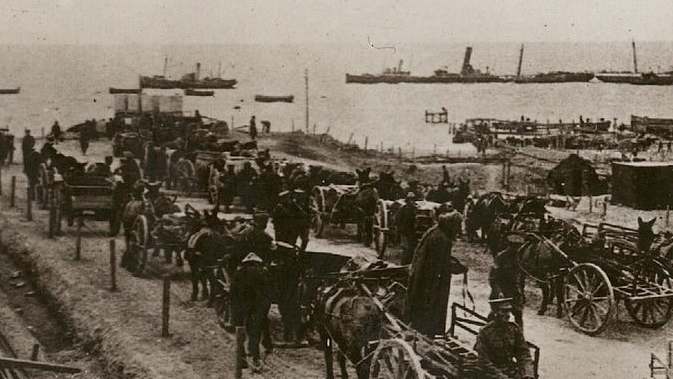Serving afar
Apart from the terrible battlefields and trenches of the Western Front, warfare expanded into various other countries of the world and United’s players and officials were located in the Balkans, Middle East, India, Russia and on the High Seas.
International footballers during the Twenties, Tommy Urwin and Jack Hill, found themselves far from British shores.
Urwin, then a youngster with Middlesbrough before he became a big name in football with the Magpies as a title winner, was based in India and Mesopotamia (now largely Iraq and parts of Syria and Iran).
Troops are evacuated at Gallipoli in the Ottoman Empire, now part of modern-day Turkey
Hill was part of the disastrous operation at Gallipoli then was transferred to the front at Salonika.
Both returned home, although Hill was wounded.
As a young trialist in 1904, James Maxwell was not so lucky. He was killed north of Baghdad during 1917.
Britain’s Senior Service of the Royal Navy saw United recruits too, notably full-back Dick Little who served with a Destroyer Flotilla as part of the Grand Fleet and was in the famous Battle of Jutland.
Future boss Tom Mather was onboard a crucial Atlantic convoy fleet for a period.
Frank Hudspeth
Frank Hudspeth, who would go on to lift the FA Cup as captain of the Magpies in 1924, was one of several players in the Navy based at British shore establishments.
Newcastle United’s directors and officials also did their bit in the Great War.
While Bob Rutherford and Wilfred Simpson served on the Western Front in the Medical Corps, others from Tyneside, Doctors Robert Nevin and Ernest Appleby, were stationed at Salonika.
A teenage William McKeag, later chairman of the club during the Fifties, headed for Russia to support the White Russians fighting the newly installed Bolshevik regime.
Potent striker of the Twenties, Tom Phillipson, also headed for Russia, to the icy Arctic waters of Archangel towards the end of 1918.
He was part of a force which protected key ports from both German and Bolshevik control.
When conflict erupts, some are unlucky enough to be residing with the enemy; reserve forward Edwin Dutton was living in Berlin where his father ran a sports outfitters business.
He was interned at Ruhleben camp for the duration of the war, joined by several celebrated footballers including the great Steve Bloomer who later was to guest for the Magpies when he returned from the Continent a free man.
A nasty by-product of World War One was an influenza pandemic, some historians believing the virus originated in the trenches of France and Belgium.
John Fleming
Thousands were killed, including United’s ex-striker John Fleming who was training for action on the continent at a military camp in Yorkshire.
Scotland international winger Angus Douglas was another victim, while centre-forward Stanley Allan of Wallsend suffered the same fate having just returned from army service.




